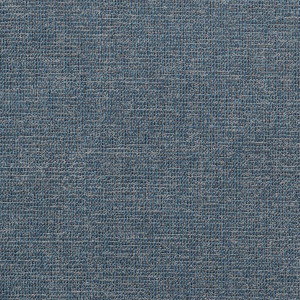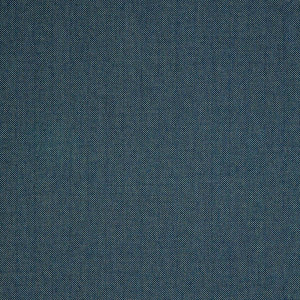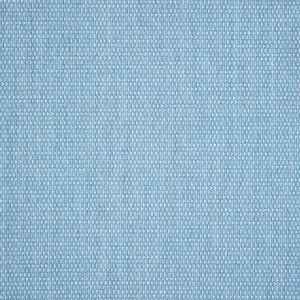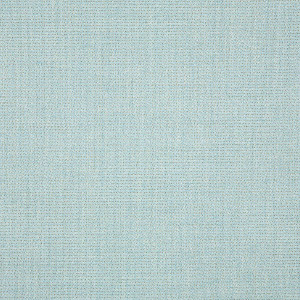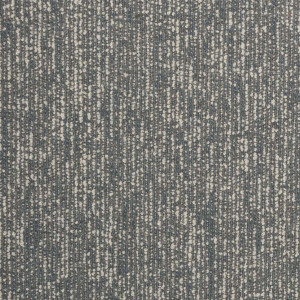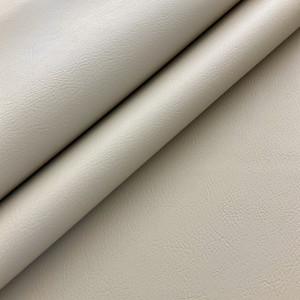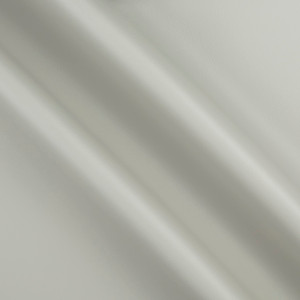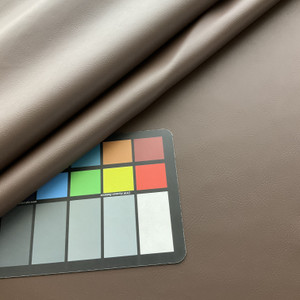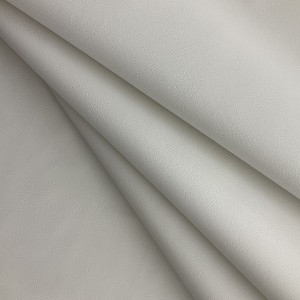Car Upholstery Fabric
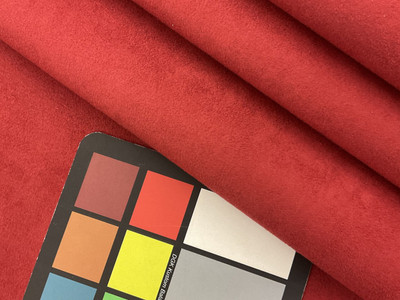
Car Upholstery Fabric, also known as Automotive fabric....
There are too many different types of automotive fabrics to list them all. That said, here are some basics to consider when fixing up your car.
Seats: Depending on the make and model of your car or truck, the seat will be either Fabric + vinyl or Leather + Vinyl. Oftentimes the side panel or riser part of the car seat is vinyl while the part you sit on is leather or fabric. When you buy a new car, the vinyl and leather are matched so close it's hard to notice a difference.
FABRIC: Because of heat and the high UV environment inside a car, its important to avoid cotton fabrics. Stick with polyester or acrylic fabrics for any upholstery project. POLY. or Acrylic
VINYL: it's best to stick with marine vinyl or specific automotive vinyl as these are rated for heavy use and harsh conditions. Avoid traditional upholstery vinyl as it will crack far too quickly in the heat of a car. MARINE VINYL
OTHER: We have had a few people do cars in microsuedes because they are almost all polyester. The end result is stunning but it sure does take a little vision to make the jump to think of your car looking like these fabrics.
HEADLINER: Headliners can be either cloth or vinyl but they are always foam-backed. We are fortunate to have both. When looking for a cloth or fabric headliner there are two common styles. Brush or Geometric. The brushed headliners look almost suede-like and the geometric are a solid fabric with a weave that has some geometric shape to the weave. VINYL HEADLINER. FABRIC HEADLINER
ADHESIVE: Only use a high temp adhesive when gluing up headliners. The trick with these glues is that they actually are contact cement. After dry-fitting your headliner, spray the back of the headliner and the ceiling of the automobile and let both surfaces become tacky. Only then is it safe to install the fabric. (LINK)


